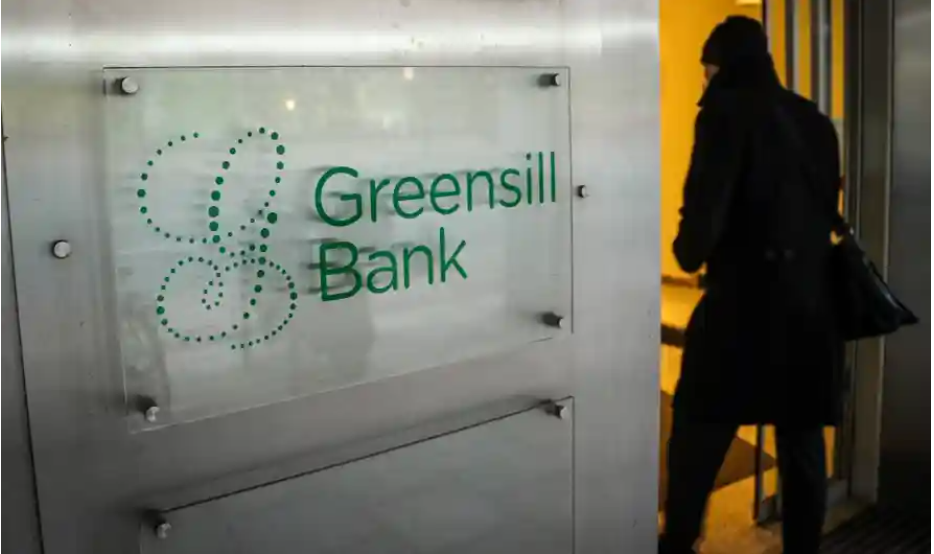
The Collapse of Greensill Capital—described by analysts as “a ticking time bomb”—continues to spread pain and fear throughout the financial system.
Greensill Capital filed for insolvency protection in a London court on Monday after the multi-billion business it took Lex Greensill two decades to build unravelled in a matter of days.

Access deeper industry intelligence
Experience unmatched clarity with a single platform that combines unique data, AI, and human expertise.
The bankruptcy petition came days after regulators took over the London-based startup’s banking unit and Credit Suisse froze investment funds that were critical to its operations.
The unwinding has rippled to holders of the Credit Suisse funds, German municipalities that deposited money with Greensill’s bank, and a high-profile duo of venture-capital investors.
Greensill specialised in supply-chain finance, a type of short-term cash advance to companies to stretch out the time they have to pay their bills.
The firm was once worth $4bn based on investments from SoftBank Group Corp.’s Vision Fund. The collapse marks a high-profile blow for that mammoth Japanese investor.

US Tariffs are shifting - will you react or anticipate?
Don’t let policy changes catch you off guard. Stay proactive with real-time data and expert analysis.
By GlobalDataToo much money hanging on a rickety structure
Founded by Australian-born Lex Greensill, the company billed itself as a technology startup that competed with traditional banks such as Citigroup and JPMorgan.
Greensill’s goal was to offer supply-chain finance to companies that had fallen below the radar of traditional banks that preferred larger, more-established clientele.
In a typical supply-chain finance deal, Greensill would pay a company’s suppliers sooner than they would normally expect, but at a discount. The company then would pay Greensill the full amount down the road.
The supplier would get paid early, the company would have more flexibility over its cash, and Greensill would be left with a small profit.
Instead of holding the cash advances—which typically get renewed every 60 or 120 days—on its balance sheet like a traditional bank, Greensill spun most of them into bond-like securities, or notes.
Red flag seen and ignored
Investment funds managed by Credit Suisse and GAM Holding scooped up those notes, providing professional investor clients with what appeared to be a low-risk way to eke out higher returns than could be gained in bank accounts or money-market funds.
The funds in essence served as off-balance-sheet financing for Greensill.
Greensill’s operations seized last week when Credit Suisse stopped investors from moving money in or out the $10bn in supply-chain investment funds. GAM followed suit the next day with its $800m fund.
Both have said they would wind down the funds.
The Credit Suisse move was triggered after Greensill lost coverage from a set of credit insurers that provided protection in case the startup’s clients defaulted.
The insurance was crucial because it made Greensill’s assets appear safer to Credit Suisse’s institutional investors, some of whom are restricted from putting cash into riskier investments.
Now it appears that long before Greensill imploded, at least one investor, Credit Suisse, saw the red flags: too much reliance on a small group of insurers to protect investors against default.
The Swiss bank had a plan to cap exposure of its $10bn Greensill funds, but never implemented it.
Last-ditch effort to save the ship
Just before his company went broke, Lex Greensill desperately needed $1bn to stay afloat. He embarked on a charm offence, touting the business as a market leader poised for further expansion.
He said he needed the money for new acquisitions and to accelerate growth. Unfortunately for him, media reports had already begun trumpeting the company’s troubles.
The spiel failed to take in any investors.







